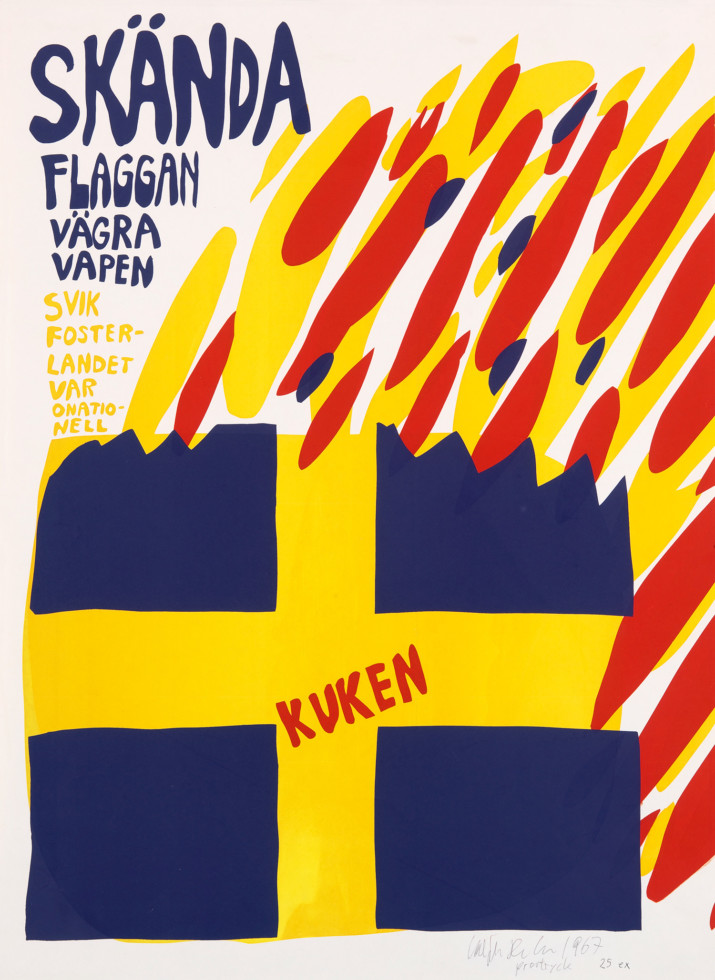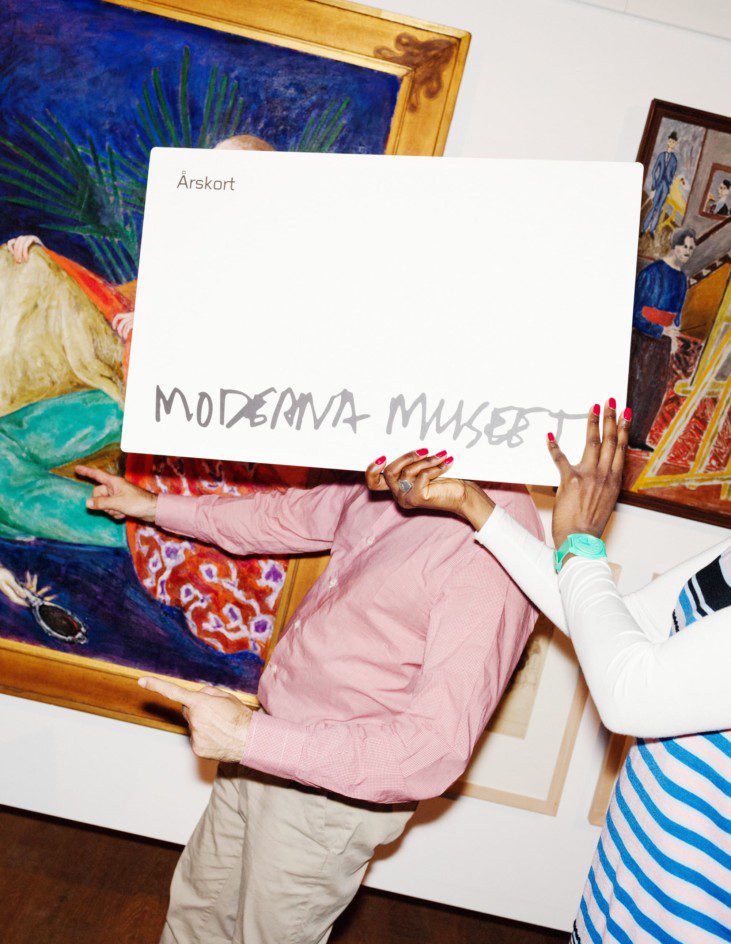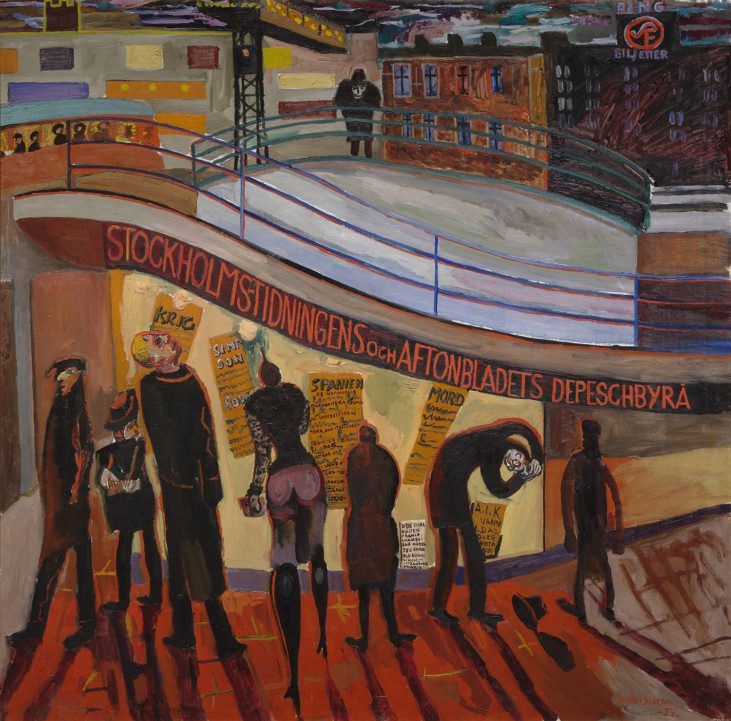
Carl Johan De Geer, Skända flaggan, 1967 © Carl Johan De Geer
The opinions and the museum
Panel discussion
29.10 2024
Stockholm
In the prevailing new media landscape, it is increasingly difficult to distinguish between what is true and what is false. Trust has therefore become a valuable currency. According to surveys by The SOM Institute, museums in Sweden are at the top when it comes to public trust.
The Museums Act and the Instrument of Government also state that museums must contribute to society by promoting free formation of opinion and democracy. As a social actor with a high level of trust, from both left-wing and right-wing voters, museums have a unique opportunity to act as a unifying force in an increasingly polarised society. Perhaps museums even have an obligation to do so?
In the panel discussion on Tuesday 29 October, a number of museum actors meet with Stina Oscarson to discuss how museums can promote social debate, and how museums can create important conversations about difficult social issues without increasing polarisation.
The opinions and the museum
Panel discussion
Date
Tuesday 29 October 2024
Time
14:30–16:30
Location
The Auditorium
Language
Swedish
Price
Free entry, book your ticket below
Contact: Camilla Carlberg
The participants are Niklas Cserhalmi, director of Arbetets museum (The Museum of Work) and chairman of the Swedish Museums Association, Helene Rånlund, director-general of The National Swedish Museums of Military History’s, Rani Kasapi, head of Content and Learning at The National Museums of World Culture.
Larissa Borck, digital pedagogue at Sörmland’s museum, Gitte Ørskou, director of Moderna Museet, and Stina Oscarson, theatre director, playwright, and social debater, are also participating.
Programme
Introduction (10 min)
Niklas Cserhalmi, director of Arbetets museum (The Museum of Work) and chairman of the Swedish Museums Association, introduces the issue.
Presentation (10 min)
The introduction is followed by a presentation of current examples of museums and cultural actors that have been part of the social debate.
Helene Rånlund, director-general of The National Swedish Museums of Military History’s, gives her view of her work with the exhibition “Meanwhile in Ukraine”.
Rani Kasapi, head of Content and Learning at The National Museums of World Culture, talks about their work in highlighting difficult, global contemporary issues.
Panel discussion
Helene Rånlund and Rani Kasapi talk to Larissa Borck, digital pedagogue at Sörmland’s Museum, Gitte Ørskou, director of Moderna Museet, and Stina Oscarson, theatre director, playwright and social debater. The discussion is moderated by Niklas Cserhalmi.
“The Opinions and the Museum” is a collaboration between Moderna Museet and the Swedish Museums Association.


